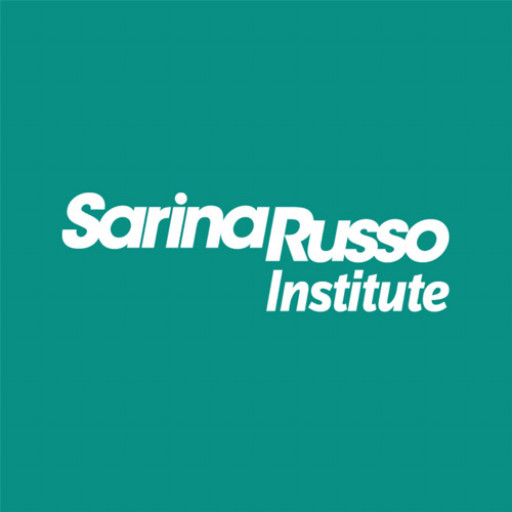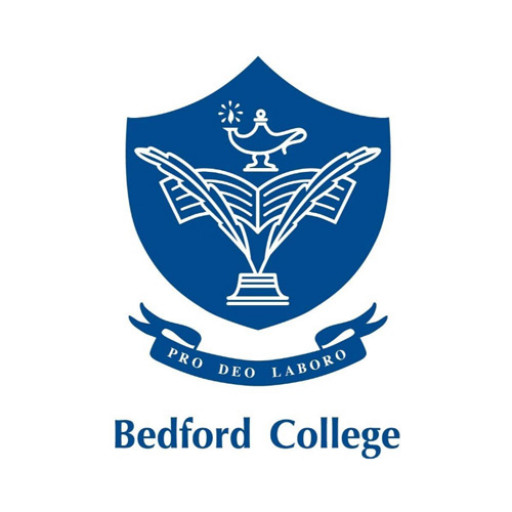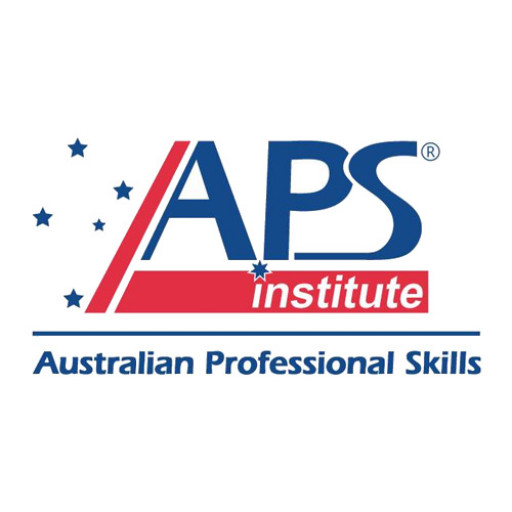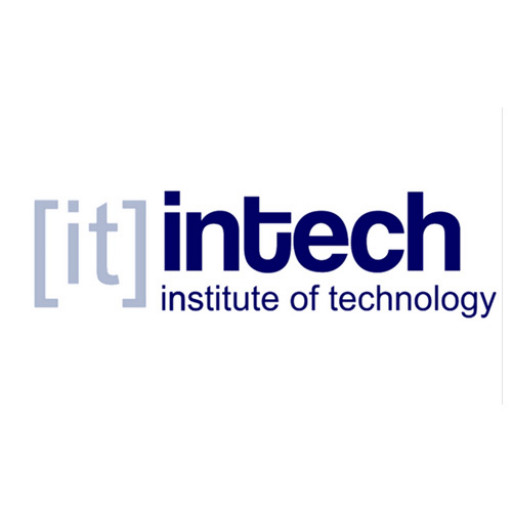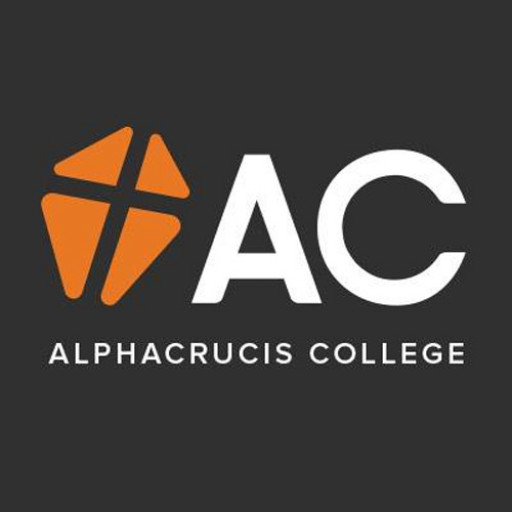Photos of university / #unimelb
The Specialist Certificate in Clinical Control (SCCL) provides clinicians with the leadership skills they need to improve their organisations, develop and execute change efforts, and promote treatment quality and safety excellence within healthcare settings. The application is geared towards clinicians, including doctors, nurses, health professionals and allied health care professionals, who hold, or expect holding, leadership places.
The Master of Clinical Leadership at The University of Melbourne is a comprehensive program designed to equip healthcare professionals with the advanced skills and knowledge necessary to lead and innovate within complex clinical environments. This program emphasizes the development of strategic leadership capabilities, effective team management, and the implementation of evidence-based practices to improve patient outcomes and healthcare quality. Students will engage in a rigorous curriculum that covers key areas such as health systems management, health policy, organizational change, and clinical governance. The curriculum integrates theoretical foundations with practical applications, encouraging students to critically evaluate current healthcare challenges and develop effective solutions. Throughout the course, participants will have opportunities to participate in case studies, simulations, and project-based learning, enabling them to translate leadership concepts into real-world healthcare settings. The program also fosters interdisciplinary collaboration, preparing graduates to work across various healthcare sectors and with diverse teams. Coursework is delivered through a combination of lectures, seminars, workshops, and online learning modules, accommodating the busy schedules of healthcare professionals. The program is designed to be flexible, with part-time and full-time study options available. Graduates will be well-equipped to assume leadership roles in hospitals, community health organizations, government agencies, and policy development settings. By completing this program, students will gain a deep understanding of the ethical, legal, and socio-cultural issues that influence clinical leadership and healthcare delivery. They will also develop critical thinking, decision-making, and communication skills essential for effective leadership in dynamic healthcare environments. The Master of Clinical Leadership aims to foster innovative thinking and promote continuous improvement in healthcare services, ultimately contributing to better health outcomes for communities.
An undergraduate degree in any field, and at least three decades of documented relevant clinical work experience in medicine, allied health, science or social science.
The University of Melbourne offers a range of financing options for students enrolled in the Clinical Leadership program. Tuition fees for this program vary depending on the student’s residential status and the specific nature of the program (domestic or international student). Domestic students may be eligible for government supported financial assistance schemes such as HECS-HELP, which subsidizes tuition fees and allows students to defer payment until they are earning above a certain income threshold. International students are required to pay full tuition fees upfront or may seek private loans or scholarships to fund their studies.
The university provides a variety of scholarships specifically targeted at students pursuing postgraduate health leadership programs, which can significantly offset the cost of tuition. These scholarships may be merit-based, need-based, or aimed at supporting students from particular backgrounds or regions. Applicants are encouraged to review the university's official scholarship portal for updated opportunities and application guidelines.
In addition to scholarships, students can explore external funding sources including government grants, private foundations, and industry sponsorships. The university also offers payment plans that allow students to spread their tuition payments over multiple installments, easing the financial burden.
Students should plan their finances carefully, considering not only tuition fees but also additional expenses such as textbooks, materials, travel, and living costs, which can vary depending on the student's location and living arrangements. For international students, visa requirements and associated fees should also be taken into account.
Financial counseling services are available through the university’s student support center, where students can obtain tailored advice on managing education costs, applying for financial aid, and budgeting effectively. Prospective students are advised to start exploring financing options early and ensure they meet all necessary application deadlines for scholarships and financial aid programs.
Overall, the University of Melbourne is committed to making postgraduate education in Clinical Leadership accessible to a diverse range of students by providing comprehensive financial support options and resources to assist with funding their studies.
The University of Melbourne offers specialized programs in clinical leadership designed to enhance the skills and knowledge of healthcare professionals seeking to advance their careers in healthcare management and leadership. These programs typically focus on developing strategic, managerial, and clinical skills necessary to lead healthcare teams and improve patient outcomes. Students in the clinical leadership program are introduced to core concepts such as health system management, ethical decision-making, quality improvement, and healthcare policy. The curriculum combines theoretical coursework with practical, real-world applications to prepare graduates for leadership roles across various healthcare settings.
The program is tailored for clinicians, healthcare managers, and other health professionals aiming to assume senior roles in hospitals, clinics, and health organizations. It emphasizes interprofessional collaboration, effective communication, and innovative problem-solving tailored to contemporary healthcare challenges. Students often engage with case studies, simulations, and industry projects to facilitate experiential learning and to bridge the gap between theory and practice. Moreover, the program benefits from the university's strong emphasis on research and evidence-based practice, ensuring graduates are well-equipped with up-to-date knowledge and skills contributing to healthcare improvements.
Flexible study options, including part-time and online learning modes, enable working professionals to integrate their studies into their busy schedules. The program is accredited and aligned with national health standards, providing recognition that can significantly enhance career prospects in the increasingly complex healthcare environment. The faculty comprises experienced academics and industry leaders who bring practical insights and current best practices into the classroom. Upon completion, graduates typically pursue leadership positions within the healthcare sector, such as clinical directors, healthcare consultants, quality managers, and policy advisors. Continuing professional development is also a common pathway for alumni seeking to deepen their expertise or specialize further in healthcare management and leadership.
Overall, the University of Melbourne’s clinical leadership programs are designed to foster innovative, ethical, and effective clinical leaders who are capable of driving change in their organizations and improving the quality of healthcare delivery. The program's reputation for academic excellence, its comprehensive curriculum, and its focus on real-world application make it a compelling choice for health professionals committed to making a difference in their communities.


